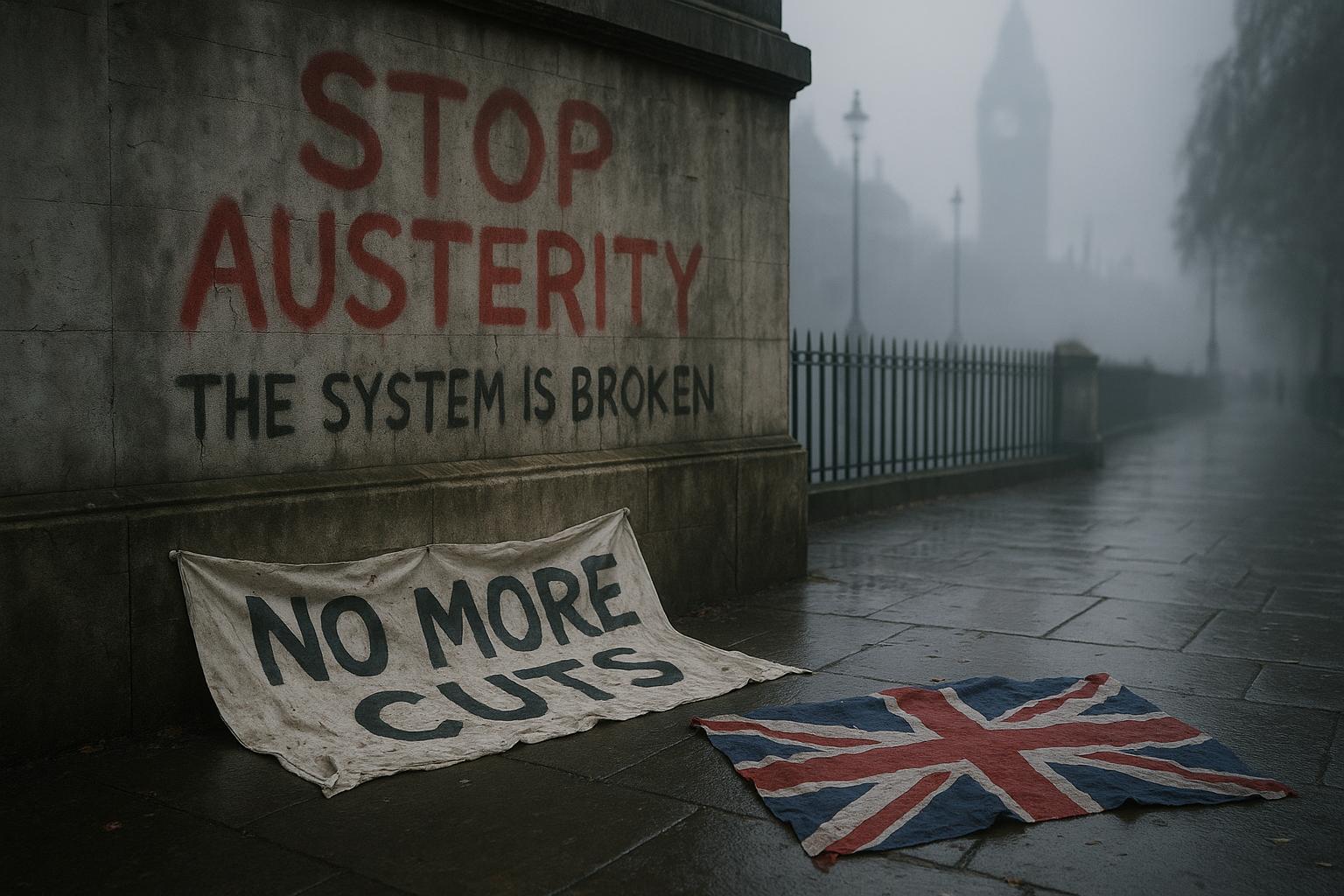The recent surge of anti-migrant protests and the accompanying rise in racist rhetoric have deeply unsettled many communities across the UK, including youth organisations dedicated to fostering inclusion and support. Youth Music, a charitable organisation focused on young people, has openly condemned the anti-migrant demonstrations, describing the far-right street protest in London as shocking and deeply concerning. Recognising the direct impact of these events on young people, particularly refugees and asylum seekers, as well as on the workforce supporting them, Youth Music has pledged solidarity and flexibility with its funded partners to help them navigate these difficult circumstances.
This major protest, held under the banner "Unite the Kingdom," was organised by far-right activist Tommy Robinson and drew an unexpectedly massive crowd, estimated between 110,000 and 150,000 participants—one of the largest right-wing gatherings in recent UK history. The march featured a strong anti-immigration message, nationalist themes, and prominent display of British and English flags, including the controversial St George’s Cross, which has increasingly been associated with far-right groups. Participants carried signs with slogans like "send them home" and wore identifiable far-right symbols such as MAGA hats, signalling a transnational adoption of populist and nationalist imagery. The event escalated into violent clashes with police, resulting in 26 officers being injured, several seriously, and 25 arrests covering violent disorder and assault. These scenes of unrest unfolded against a backdrop of mounting political tensions over immigration, with record numbers of asylum seekers arriving via small boats across the English Channel and heated public debate over the government’s asylum policies.
British Prime Minister Keir Starmer responded strongly to the protests, affirming the fundamental right to peaceful assembly but condemning the violence, assaults on police officers, and the intimidation of minority communities. Speaking at the height of the unrest, Starmer denounced the misuse of the national flag by extremists to sow fear and division, reinforcing his vision of Britain as a nation grounded in tolerance, diversity, and mutual respect. While Starmer decried the inflammatory rhetoric emerging from the rally, notably from Elon Musk—who addressed the demonstrators via video link and issued warnings of impending violence—he chose not to pursue punitive measures against Musk or his companies publicly, despite political pressure to consider sanctions.
Elon Musk’s involvement added an international dimension to the rally, as he aligned himself with far-right figures such as Robinson and voiced strong opposition to current immigration policies and government regulation of online speech. His remarks, urging supporters to “fight back or you die,” were widely criticised as dangerously inflammatory by UK politicians and human rights advocates alike. The rally’s explicit anti-immigration stance and public support from prominent figures like Musk drew intense scrutiny amid a year of social unrest linked to asylum seeker accommodations and increasing public concern about migration.
Alongside the large far-right protest, a smaller counter-demonstration took place, organised by groups such as Stand Up To Racism, which brought out around 5,000 supporters campaigning against racism and advocating for refugee rights. This counter-mobilisation highlighted the deep divisions in British society over immigration and community cohesion. Authorities, including the Metropolitan Police and government officials, vowed to clamp down on violence and extremists exploiting these tensions, promising strong measures against those promoting disorder.
The protests and responses to them underscore broader societal challenges in the UK, where escalating migration numbers and political polarisation are fuelling unrest and complicating efforts to promote integration and understanding. Organisations serving vulnerable groups, particularly young migrants, find themselves working amid increasingly hostile environments. Youth Music’s commitment to supporting their partners during this volatile period reflects a wider recognition within civil society that addressing hate and fostering solidarity is critical to safeguarding social harmony and protecting the well-being of young people affected by these issues.
📌 Reference Map:
- Paragraph 1 – [1]
- Paragraph 2 – [4], [5]
- Paragraph 3 – [2], [6]
- Paragraph 4 – [3]
- Paragraph 5 – [4], [5]
- Paragraph 6 – [2], [6]
- Paragraph 7 – [1], [4], [5]
Source: Noah Wire Services
